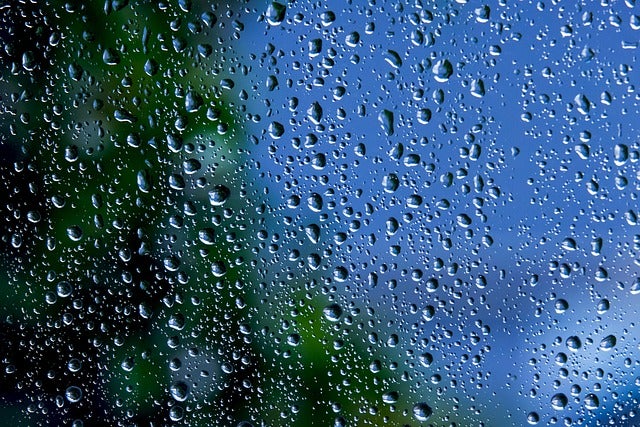Litter is a big problem for farmers
Published 8:37 am Tuesday, June 15, 2021
|
Getting your Trinity Audio player ready...
|
Littering isn’t just an eyesore that’s harmful to the environment. It also can be detrimental to farming operations.
Accomack County farmer Sands Gayle said he’s witnessed lots of illegal trash dumping along roadways and in the fields that he farms.
“On days that the public dumpsters aren’t open, people will find a nearby back road and just throw it out,” he lamented. “There’s a lot of household trash. The problem is people just don’t care.”
Littering causes a multitude of problems for farmers. Trash dumped on farms can get caught in machinery, resulting in costly repairs. It also can get mixed in with crops during harvest, contaminating the yield and causing the farmer to lose money.
Illegal dumping also poses risks to livestock if they get tangled in trash or mistakenly ingest it while grazing.
Gayle said he tries to clean up what he can, “but if I end up stopping for every single piece of plastic I see, I doubt I’d get anything done in a day.”
A new law taking effect July 1 is intended to curb Virginia’s litter problem by doubling the minimum fine for illegal dumping from $250 to $500, with a maximum fine of $2,500. Violators also could face up to one year in jail or 10 hours of community service.
Del. James Edmunds, R-Halifax, introduced the legislation and supported its passing.
“We commend Delegate Edmunds for his leadership on addressing litter,” Ben Rowe, Virginia Farm Bureau Federation national affairs coordinator, said. “For too long litter has posed a risk to the environment, farm equipment, livestock and crop quality. This new law will help ensure the minimum fine matches the impacts and risks of litter on farmers and deter littering in the commonwealth.”
The Virginia Department of Transportation has launched an anti-littering awareness campaign called, “Virginia is for Lovers, Not Litter.”
VDOT said it spends around $3.5 million annually cleaning up litter.
Gayle said he’s pleased about the heavier fines and hopes more awareness will bring change.
“I think it’s a good idea,” he said. “If everybody’s on the same page, it’ll stop.”





